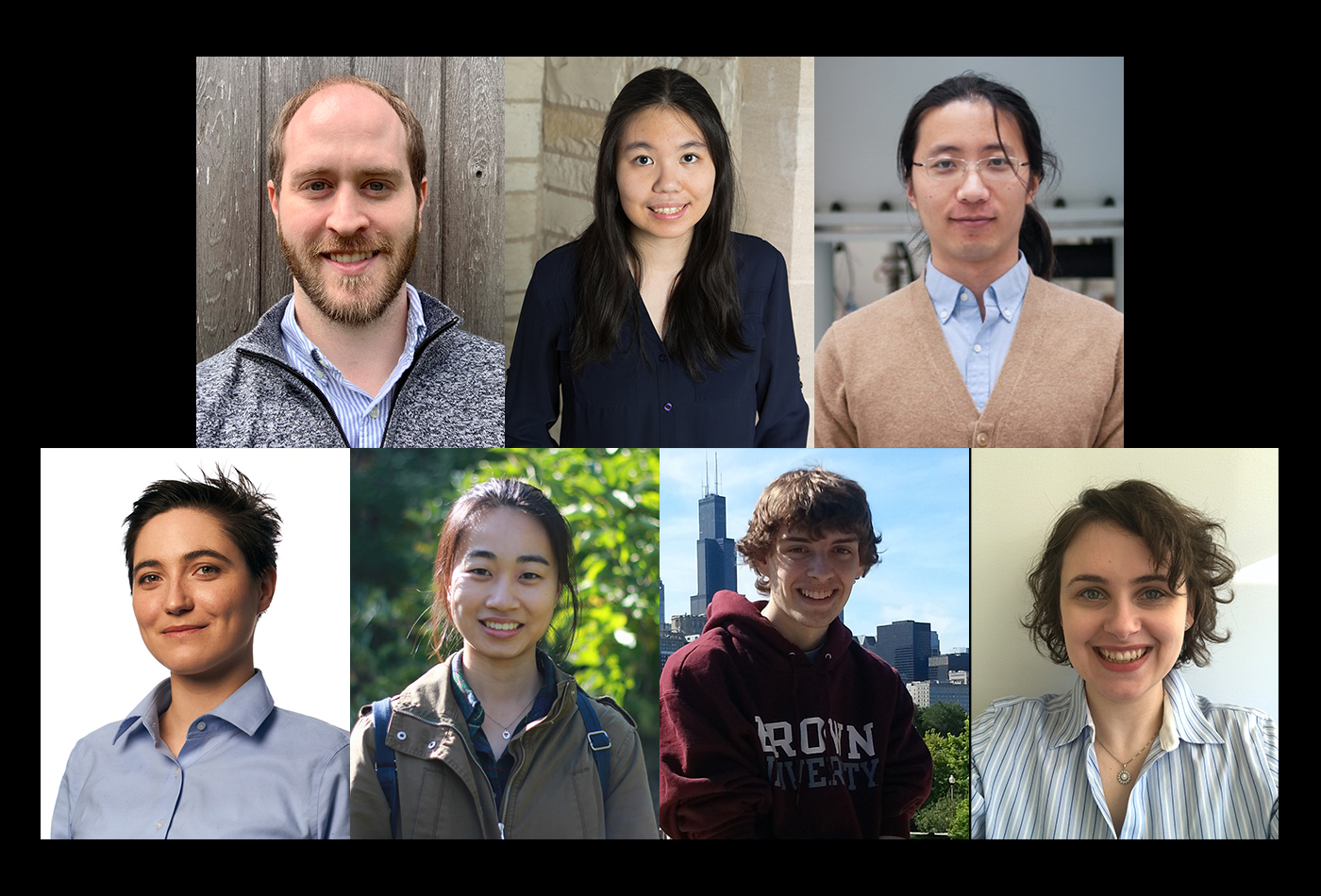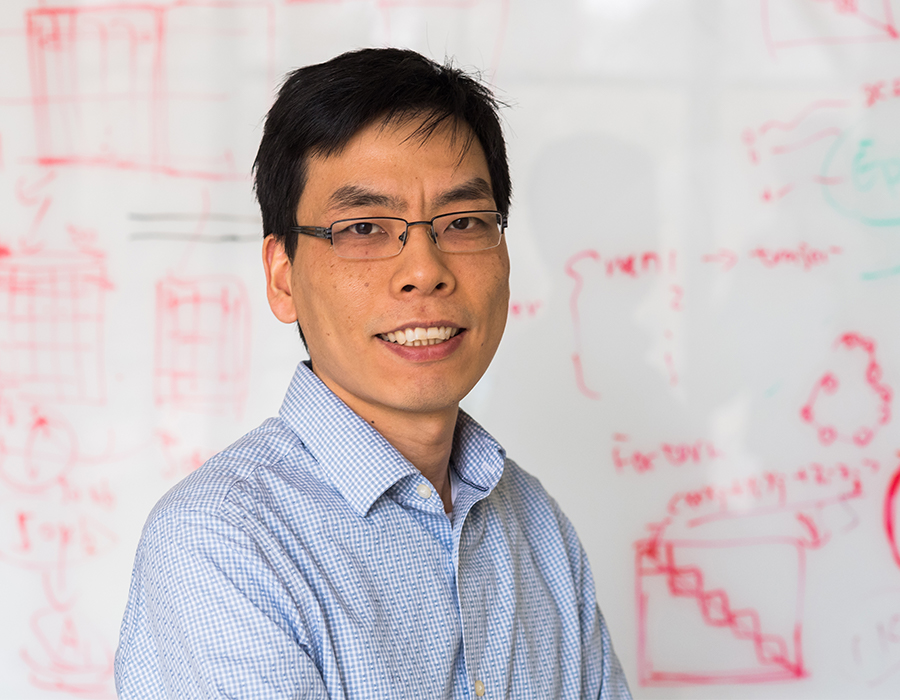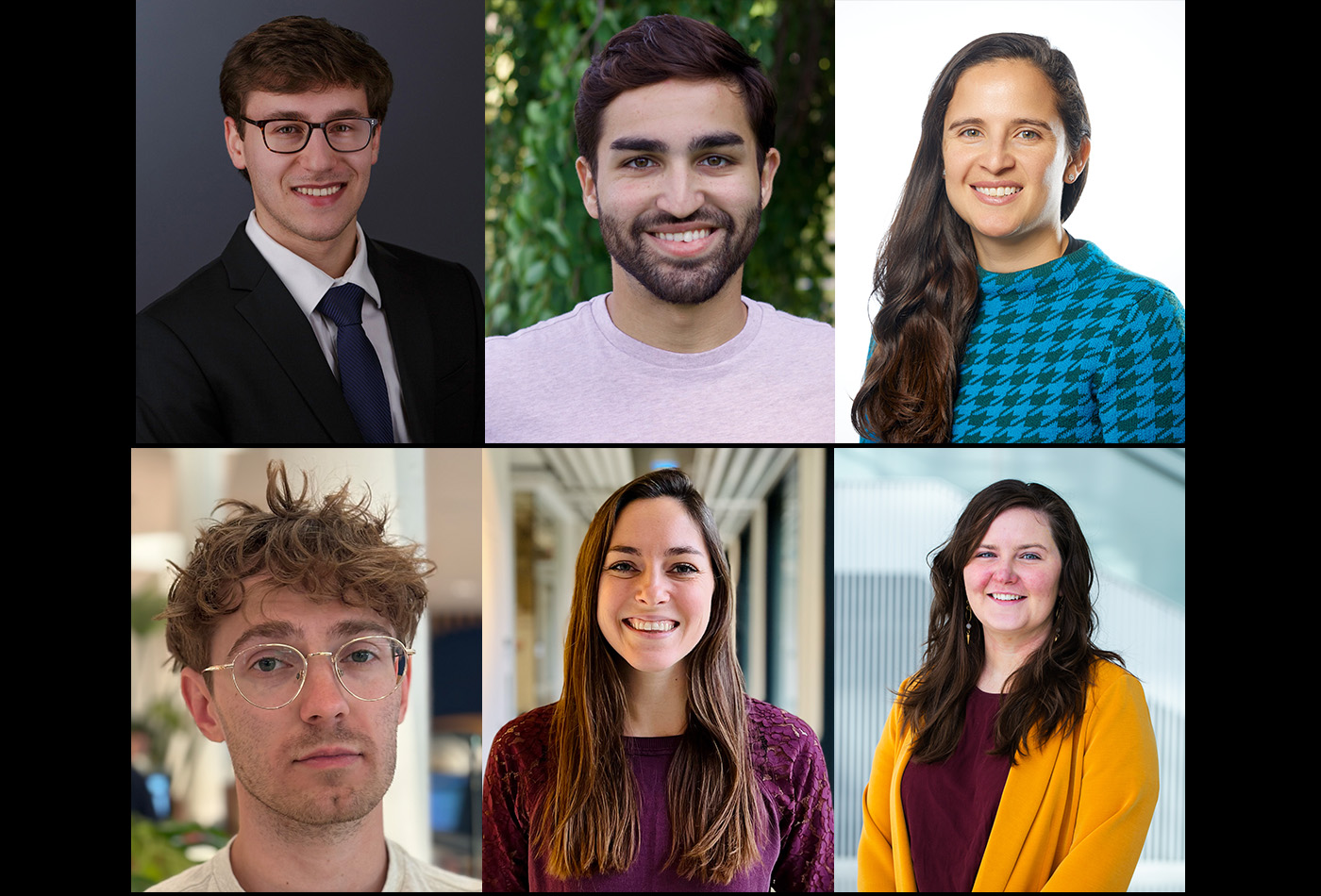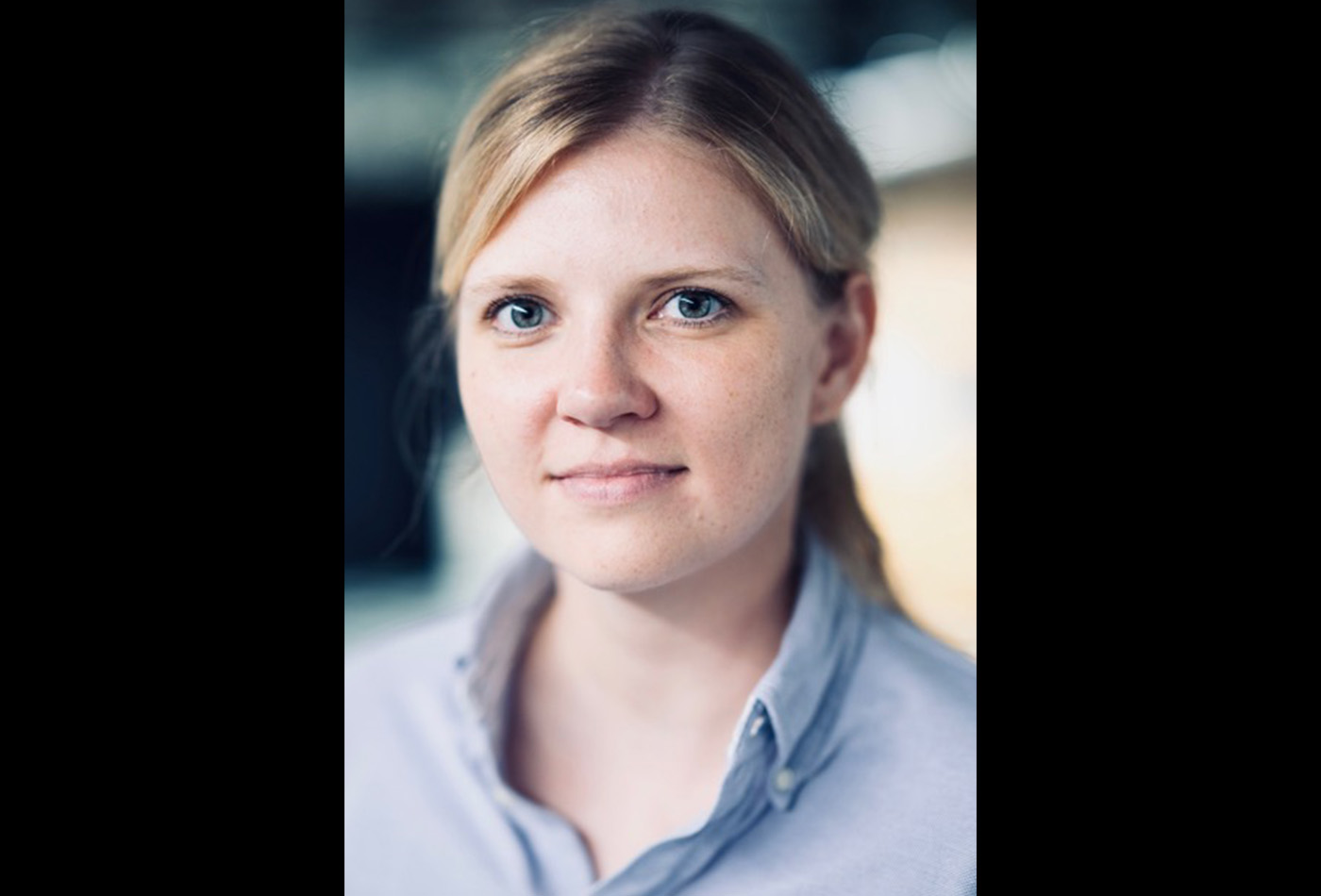Seven members of the Chemistry Community receive Spring 2022 Mentorship Spotlight Award
The winners were nominated by students, postdocs, faculty, and staff in recognition of their exceptional commitment to mentorship.
Seven members of the Department of Chemistry community have been honored with the department’s semi-annual Mentorship Spotlight Award. Established in 2020, this award recognizes individuals who demonstrate exceptional commitment to fostering a positive working environment for those around them, leading by example, and generally demonstrating outstanding mentorship. Each winner will be presented with a prize in the form of a crystal award and a monetary sum.
Spring 2022 Mentorship Spotlight Awardees:
Ryan Bisbey
A postdoctoral researcher, Ryan Bisbey’s nominations for this award reflected his dedication to providing a safe, positive, and welcoming working environment for the Surendranath Group.
“I find mentoring others is really rooted in being compassionate towards your colleagues,” said Bisbey. “I can sympathize with their day to day challenges and frustrations; cutting edge research projects can often feel isolating and the focus it requires may lead to myopic prospectives. A simple conversations is all it takes to show a colleague that there is external interest in their project and can lead new directions or alternative viewpoints. Supporting them during their struggles makes celebrating them and their achievements later all the more sweet.”
Bisbey’s research currently focuses on understanding how electrification can be leveraged at heterogenous catalysts to drive chemical transformations such as converting water and carbon dioxide to chemical fuels. Specifically, he investigates the mechanism by which hydrogen atom permeation can couple a gas-phase-facing catalyst with an electrolyte-phase-facing electrode and the opportunities these unique systems enable.
Michelle Chen
As a postdoctoral researcher in the Swager Group, Michelle Chen exemplifies the meaning of mentorship by proactively including, supporting, and encouraging her fellow group members.
“I would not be where I am today if it were not for the amazing mentors I have encountered throughout my life and therefore find it important to pay it forward,” said Chen. “It is a privilege to mentor others and this process is very rewarding. It is extremely gratifying to watch my mentees grow and succeed both personally and professionally.”
Chen’s research involves designing, synthesizing, and characterizing small molecule and polymer surfactants that are incorporated into Janus emulsions. Janus emulsions are composed of two immiscible hydrocarbon and fluorocarbon oils and can be utilized as biosensing assays for bacteria, antibodies, and other biomaterials.
Pu Duan
Pu Duan, a postdoctoral researcher in the Hong group, applies patience, thorough instruction, and an approachable demeanor to all who work with him.
“It is always enjoyable for me to be a mentor,” said Duan. “It helps my junior year colleges start their research, improves the science of the group, and most importantly, it deepens my own understanding of the knowledges and my insights into the projects. A good mentorship is a win-win for both parties.”
Duan’s research develops and applies state-of-the-art magic-angle-spinning solid-state NMR techniques to study the structure and dynamics of amyloid protein deposits and plant cell wall. He studies the structure and formation of amyloid fibrils of tau protein, a hallmark of many neurodegenerative diseases; and searcesh for the binding sites of positron emission tomography agent to Aβ plagues, in order to improve early diagnosis of Alzheimer’s disease. Duan also works on elucidating the interaction between the major biopolymers in plant cell walls, such as cellulose, xylan and lignin.
Charlotte Farquhar
Charlotte Farquhar, a graduate student in the Pentelute Group, is actively involved in many student groups and organizations in the department, yet always takes time to demonstrate patience, dedication, and kindness toward others.
“I’m motivated to mentor others because I can,” said Farquhar. “A lot of folks helped me get where I am today, and it’s honestly really exciting to be in a place where I can start paying that forward. I hope I can set a strong example and propagate the culture of mentorship within both my lab and our department.”
Farquhar’s research in the Pentelute Lab centers around delivering medications where they need to go in the body. The group uses peptides and mini-proteins to bring drugs across biological barriers and into their target tissues, which increases drug potency and reduces side-effects. They’re creating peptides that can deliver chemotherapeutics to brain tumors and target gene therapies to the nuclei of muscle cells.
Chichi Li
Chichi Li, who will receive her PhD this spring, consistently takes the time to offer careful insight and solutions to issues that arise for members of the Shoulders Lab, and always avails herself for thorough discussions.
“I am the product of all of my mentors, and I do my best to pay it forward,” said Li. “I’ve learned from them that a listening ear and empathy can go a long way, especially since I rarely have all the answers. The people I mentor inspire me with their enthusiasm and curiosity, and it’s so rewarding to see them gain confidence in their own voices and abilities.”
The Shoulders lab studies collagen proteostasis, or the coordinated processes of folding, modification, and quality control involved in collagen biosynthesis. Li’s work in the lab has focused on the role of the C-terminal propeptide domain in multiple areas of collagen proteostasis.
Matthew Pearson
In addition to his demanding role as an EHS Rep, postdoctoral researcher Matthew Pearson has demonstrated dedication and commitment to improving the quality of life of those in the Johnson Group who were struggling with isolation during the pandemic.
“From my own personal experience, I know that having a good mentor can make a world of difference in someone’s ability to succeed, not only academically, but also in terms of developing enthusiasm for a subject or a sense of belonging,” said Pearson. “Everything I’ve been able to accomplish, I’ve only been able to do with the guidance of so many other people, and so being able to build on that and see others succeed, knowing that I was able to play a role in helping them get there, I find to be extremely rewarding.”
Pearson works on developing hybrid materials of polymers and MOFs (metal-organic frameworks). MOFs are highly porous materials that essentially serve as an extremely efficient molecular sponge. There is a lot of interest in using MOFs for a wide range of applications from gas storage and separation to catalysis, sensing, and drug delivery. However, unlike traditional amorphous polymers, MOFs have very poor mechanical properties, which limits their potential applications. The idea behind his research is to work towards developing hybrid materials of amorphous polymers and crystalline MOFs with the goal of endowing the MOFs with the mechanical flexibility and processability of amorphous polymers, while maintaining the porosity and selectivity of MOFs.
Amanda Trainor
Technical Associate Amanda Trainor’s careful mentorship of the Teaching Assistants in the Undergraduate Laboratory is a critical component of the lab’s functionality.
“I have always enjoyed mentoring people, whether it was in college or after I have started working at MIT,” said Trainor. “As one of the first people that the TAs work with once they come here, I want to do my best to provide them with a friendly environment and be someone that they can come to and ask questions, whether it’s how something works in the lab or advice about fun things to around Boston.”
As the Lab Manager for the Undergraduate Teaching Lab, Trainor helps to support the day-to-day operations associated with the undergraduate chemistry courses, including aiding the undergraduates and TAs to provide the best experience possible for the lab courses. As the EHS representative for the lab, she also helps to make sure that people are working safely in the lab and help the TAs learn how to properly manage chemical waste.





